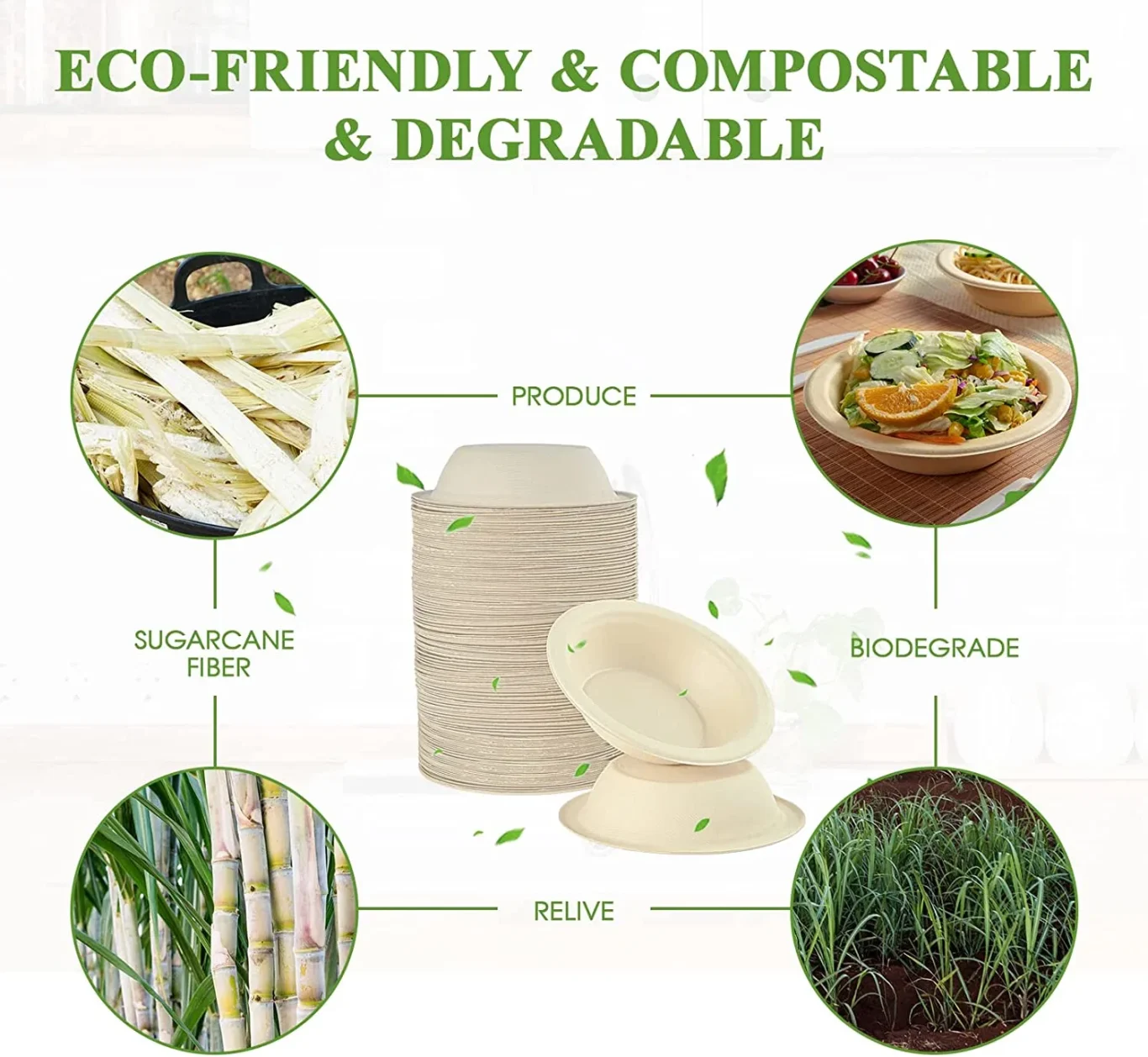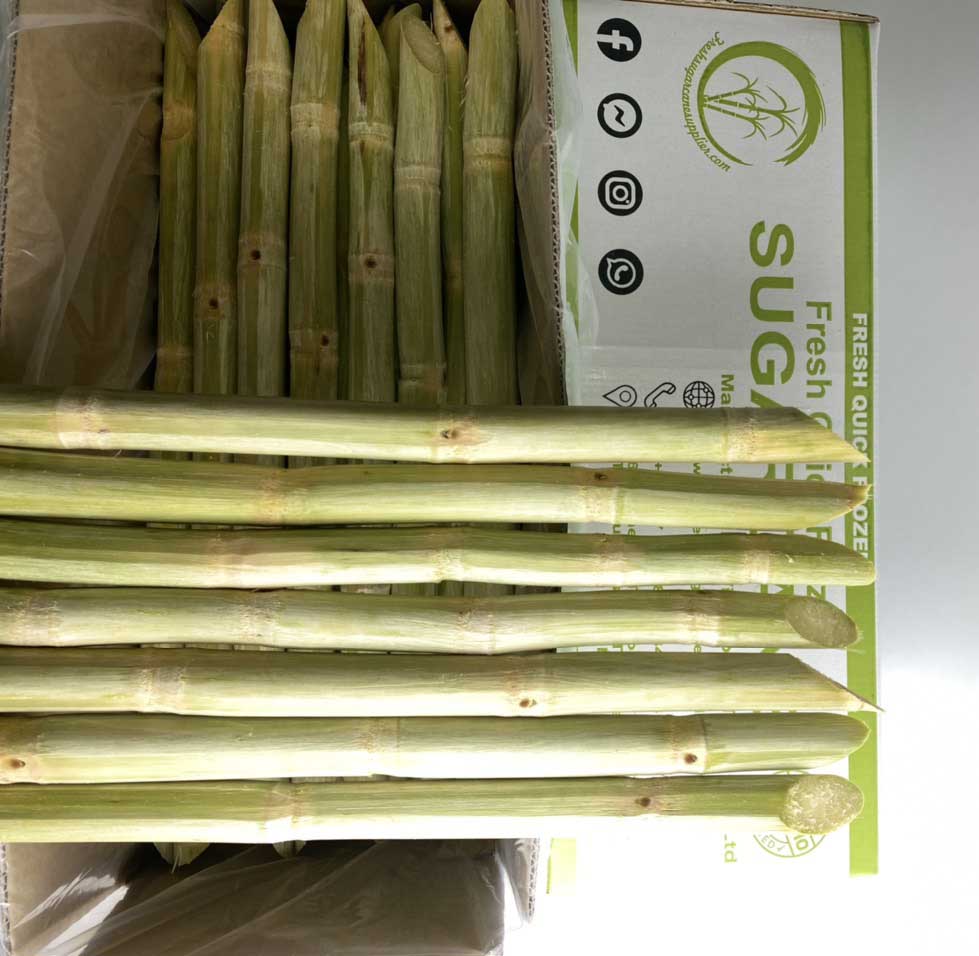Lasting Sugarcane Products: From Sweeteners to Eco-Friendly Item
The potential of lasting sugarcane items prolongs past traditional sugar to include a range of green goods, offering a compelling case for their integration into modern consumer techniques. As the world grapples with pressing environmental problems, sugarcane arises as a flexible resource capable of attending to both dietary demands and sustainability goals.
Review of Sugarcane Sustainability
As the need for eco-friendly items expands, comprehending sugarcane sustainability comes to be increasingly vital. Sugarcane, a functional crop, is grown largely in tropical and subtropical areas, and its sustainability is important for both environmental wellness and financial practicality. Sustainable sugarcane farming techniques focus on minimizing ecological impact while making best use of efficiency and productivity.
Secret facets of sugarcane sustainability include efficient land use, lowered chemical input, and improved water monitoring. Practices such as plant turning, incorporated bug management, and natural fertilization add to dirt health and biodiversity. Additionally, cutting-edge modern technologies, such as accuracy agriculture, help maximize source use and lower waste.
In addition, sugarcane is a renewable energy, with by-products that can be utilized in numerous markets, from biofuels to naturally degradable plastics, thereby minimizing dependence on fossil gas and lessening carbon impacts. Certifications like the Bonsucro standard motivate lasting techniques across the supply chain, advertising transparency and responsibility.

Sugarcane-Based Sugar
Utilizing sugarcane as a primary source, sugarcane-based sweeteners have gotten importance as all-natural choices to man-made sweeteners and polished sugars (sugarcane product). These sweeteners, stemmed from the extraction and handling of sugarcane juice, supply a variety of products that provide to diverse customer preferences, including natural and minimally refined alternatives
Among one of the most notable sugarcane-based sweeteners are raw cane sugar, panela, and molasses. Raw cane sugar retains even more of the natural tastes and nutrients located in sugarcane, making it a popular option for health-conscious customers. Panela, a typical Latin American sweetener, is created by vaporizing sugarcane juice, preserving its natural minerals and vitamins. Molasses, a by-product of sugar extraction, is rich in antioxidants and essential nutrients, acting as a healthy sweetening agent in different culinary applications.
The expanding demand for sugarcane-based sugar is driven by enhancing recognition of health and wellness and sustainability problems related to conventional sweeteners. By choosing sugarcane-derived items, consumers not just sustain sustainable agricultural methods yet likewise add to a healthier way of living, straightening their nutritional options with their environmental values.
Eco-friendly Packaging Solutions
Arising as a viable choice to traditional plastics, naturally degradable packaging options stemmed from sugarcane are transforming the product packaging sector. These innovative products supply an ecologically friendly option that resolves the expanding problems over plastic air pollution. Using the natural sugars located in sugarcane, suppliers are establishing different forms of eco-friendly product packaging, including films, containers, and covers that decompose more swiftly than typical plastics.
The primary advantages of sugarcane-based product packaging lie in its eco-friendly sourcing and its capacity to damage down right into non-toxic by-products. Unlike fossil fuel-derived plastics, which can persist in the atmosphere for hundreds of years, sugarcane packaging usually disintegrates within a couple of months under proper problems. This decrease in waste not just alleviates land fill overflow however additionally lowers the carbon impact related to product packaging materials.
Furthermore, sugarcane-derived packaging keeps durable efficiency attributes, supplying similar toughness and capability to standard alternatives. As consumers and businesses progressively prioritize sustainability, the fostering of eco-friendly packaging options represents a substantial action in the direction of a round economic situation, where products are reused and restored instead than disposed of. This change go to these guys not just enhances brand picture but additionally contributes to a more lasting future for the world.
Eco-Friendly Textiles and Fabrics
Environment-friendly fabrics and textiles are acquiring traction in the fashion and home products industries as customers increasingly demand sustainable alternatives to standard materials. Among the significant options are fabrics originated from sugarcane, which use an environmentally responsible choice to artificial fibers. These fabrics are generated through a procedure that makes use of the renewable energies located in sugarcane, significantly reducing reliance on petroleum-based products.

As the market for sustainable fabrics broadens, consumers can look onward to innovative designs that combine design with ecological responsibility. Inevitably, environment-friendly textiles and fabrics represent a substantial step towards decreasing the fashion industry's environmental impact while catering to the expanding demand for liable consumer selections.
Advancements in Lasting Farming
Changing farming practices, innovations in sustainable farming are transforming the way crops are grown and handled. These developments concentrate on lessening environmental impact while optimizing efficiency and efficiency.

In addition, agroecology, which incorporates environmental concepts right into farming, promotes biodiversity and dirt wellness. Practices such as crop turning, cover cropping, and intercropping foster durable environments that can withstand pests and environment variations - sugarcane product. Furthermore, making use of organic fertilizers and biopesticides contributes to much healthier dirts and ecosystems

With each other, these technologies are not just reshaping the agricultural landscape but likewise adding to an extra lasting future for sugarcane and various other crops, aligning agricultural exercise with environmental stewardship.
Final Thought
Lasting sugarcane products stand for a significant innovation in environment-friendly choices, extending from all-natural sugar to biodegradable items. The cultivation of sugarcane with lasting techniques not only enhances ecological health however additionally adds to financial viability. As consumer choices progressively lean in the direction of sustainable alternatives, the adaptability of sugarcane as a renewable source official website becomes significantly relevant. This trajectory emphasizes the importance of ongoing development and dedication to sustainable practices within the sugarcane market, fostering an extra sustainable future.
The possibility of lasting sugarcane products extends beyond traditional sweeteners to incorporate a variety of green products, presenting a compelling instance for their combination right into modern consumer methods. Lasting sugarcane farming techniques concentrate on decreasing eco-friendly impact while maximizing performance and productivity.
Lasting sugarcane products represent a significant development in environment-friendly choices, extending from natural sugar to biodegradable goods. The cultivation of sugarcane with sustainable techniques not only improves ecological health yet also contributes to financial practicality. As consumer preferences significantly lean in the direction of lasting options, the adaptability of sugarcane as an eco-friendly source ends up being increasingly relevant.